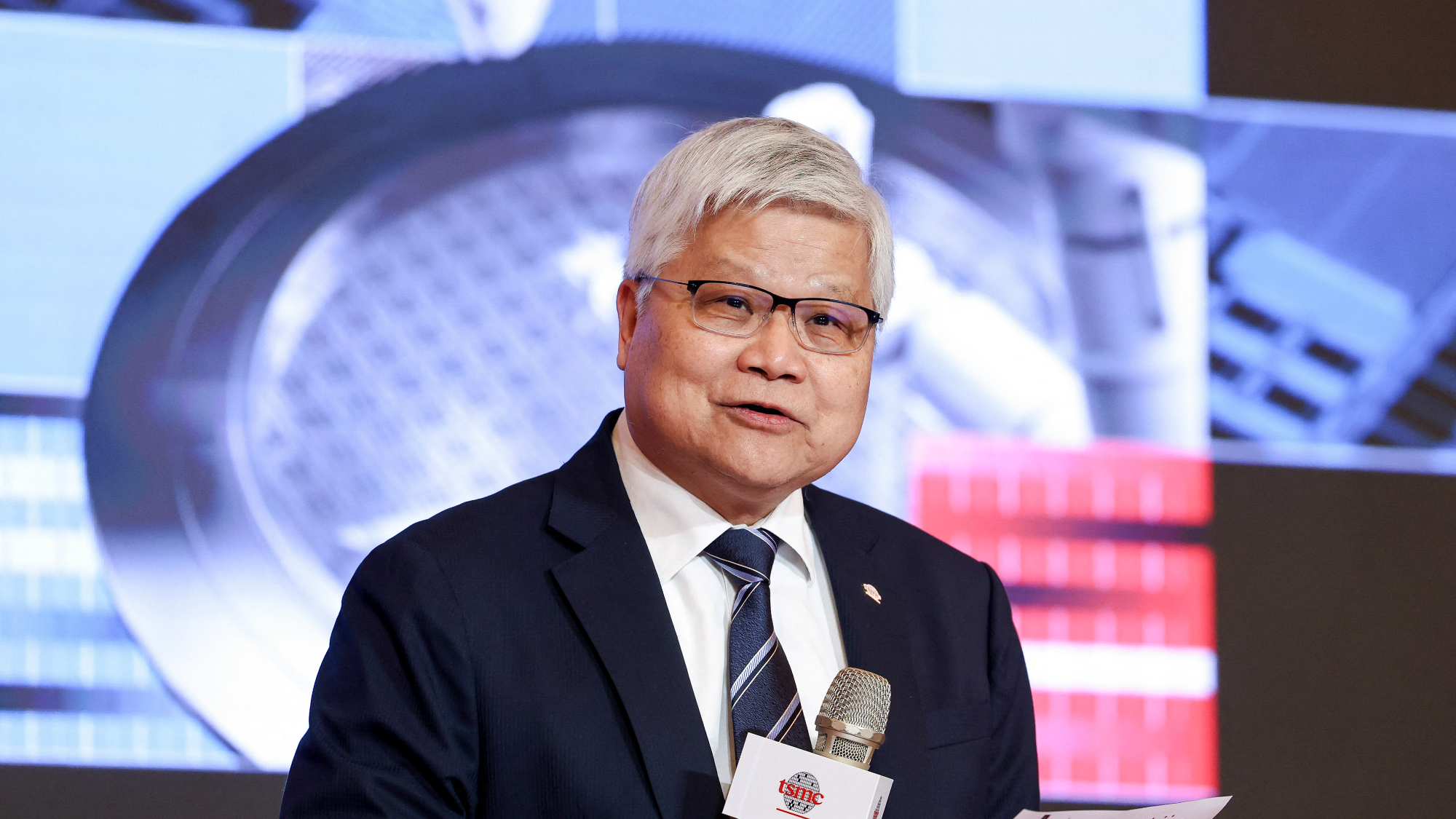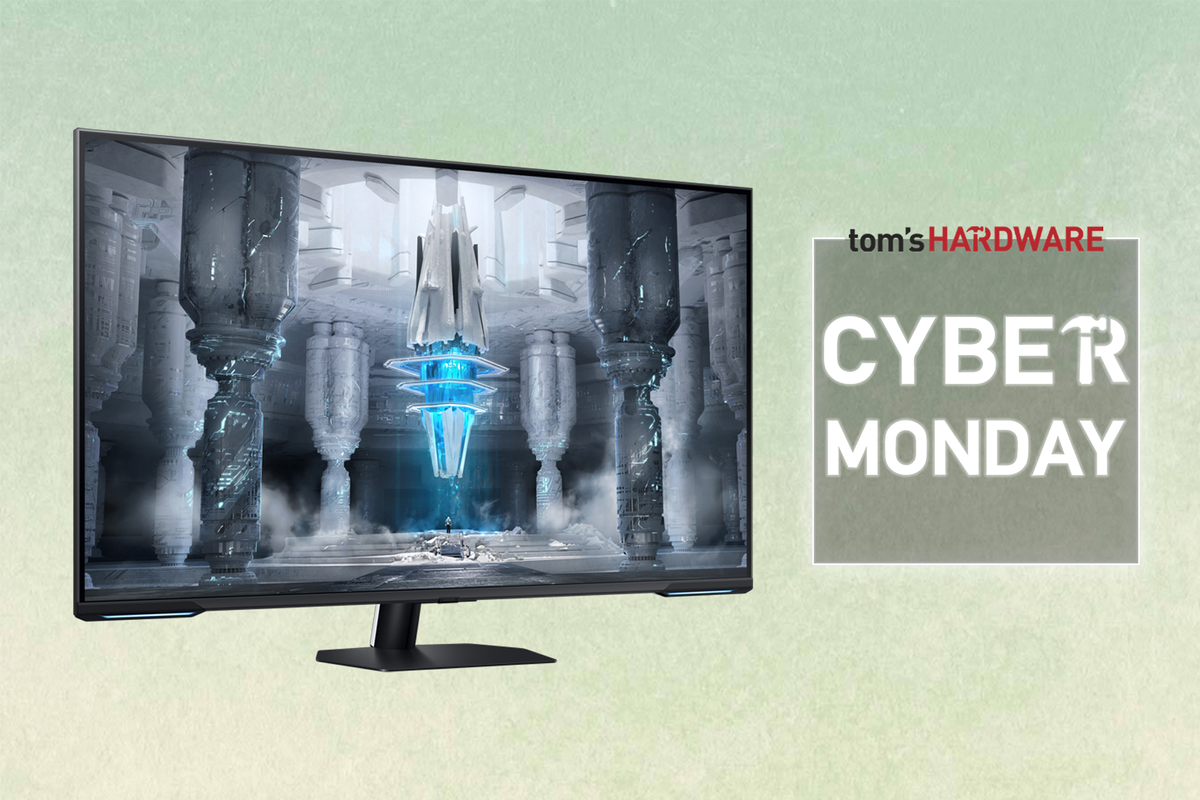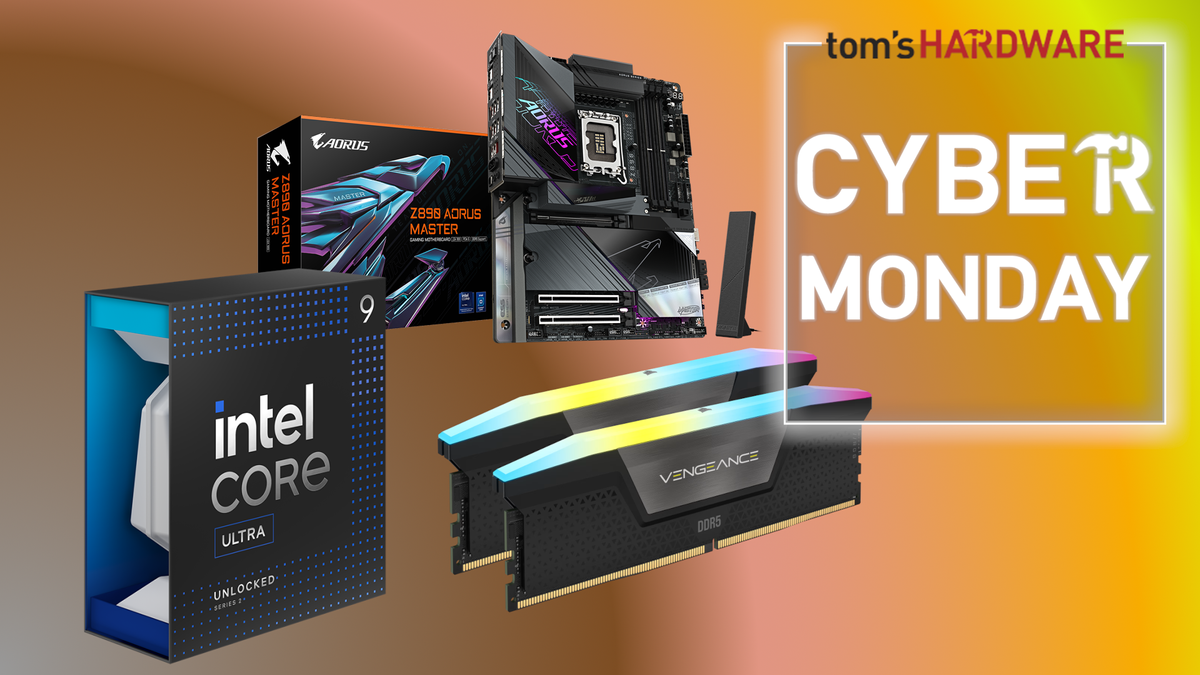Just days after TSMC was reported to be in talks with Washington over a planned fab expansion in the Middle East, company CEO C.C. Wei has quashed those rumors at the company's annual shareholders meeting. As noted by Reuters' Wen-Yee Lee on X, Wei said the company had no plans to set up fabs in the Middle East. He also addressed the issue of tariff impact, but said that while TSMC had some exposure to waning demand, AI demand was consistently outpacing supply.
Wei's comments on the Middle East follow a Bloomberg report that claimed TSMC was evaluating the possibility of opening a chip fab in the UAE. It was claimed TSMC had met with U.S. special envoy to the Middle East Steve Witkoff and a state-owned investment firm several times. The fab would have reportedly been the size of Fab 21 in Arizona.
Just in - #TSMC CEO C.C. Wei: No plan to set up fabs in the Middle East pic.twitter.com/nkKnH3AKsEJune 3, 2025
Concerns cited included national security, given the significant influence of China and Iran in the region, as well as talent drain from other locations required to build the plant. Turns out, those concerns were academic, with TMSC clearly having ruled out the possibility, at least for now. According to ComputerBase, Wei stated a UAE fab would not fit the company's strategy, given that there are no large clients in the local region.
Reuters further reports that Wei addressed the impact of tariffs on the company, noting small but limited exposure he believes is likely to be offset by AI demand.
"Tariffs do have some impact on TSMC, but not directly. That's because tariffs are imposed on importers, not exporters," he said. "TSMC is an exporter. However, tariffs can lead to slightly higher prices, and when prices go up, demand may go down."
Wei went on to say that TSMC's business could be affected if demand drops, but claimed AI demand "has always been very strong and it's consistently outpacing supply."
A report in May claimed that tariffs could increase tech prices by up to 70% across the globe. As Wei notes, TSMC faces no immediate exposure because its chips are exported to manufacturers, which incorporate them into their products. However, import duties on those could stifle demand, which could have a knock-on effect on TSMC, a problem that could take months to show up on the chipmaker's bottom line.
Despite Wei's assurances, the company did recently address the U.S. Commerce Department, following a call for public comments regarding tariffs on semiconductors arriving on U.S. shores. TSMC warned import duties on chips would significantly reduce demand for the electronic products sold by TSMC's customers, causing revenue decline and impacting investment on U.S. shores, notably its Arizona plant.
“Lower market demand for our leading U.S. customers’ products may consequently reduce demand for TSMC’s manufacturing capacity and service onshore," the company said, warning diminished demand could create uncertainty around the timeline and operation of the Arizona fab.
TSMC said "tariffs that raise the cost of end consumer products will lower demand for such products and the semiconductor components they contain" and called on the administration to avoid imposing any tariffs or restrictive measures on semiconductors made outside the U.S..
Follow Tom's Hardware on Google News to get our up-to-date news, analysis, and reviews in your feeds. Make sure to click the Follow button.

 5 months ago
71
5 months ago
71







 English (US) ·
English (US) ·